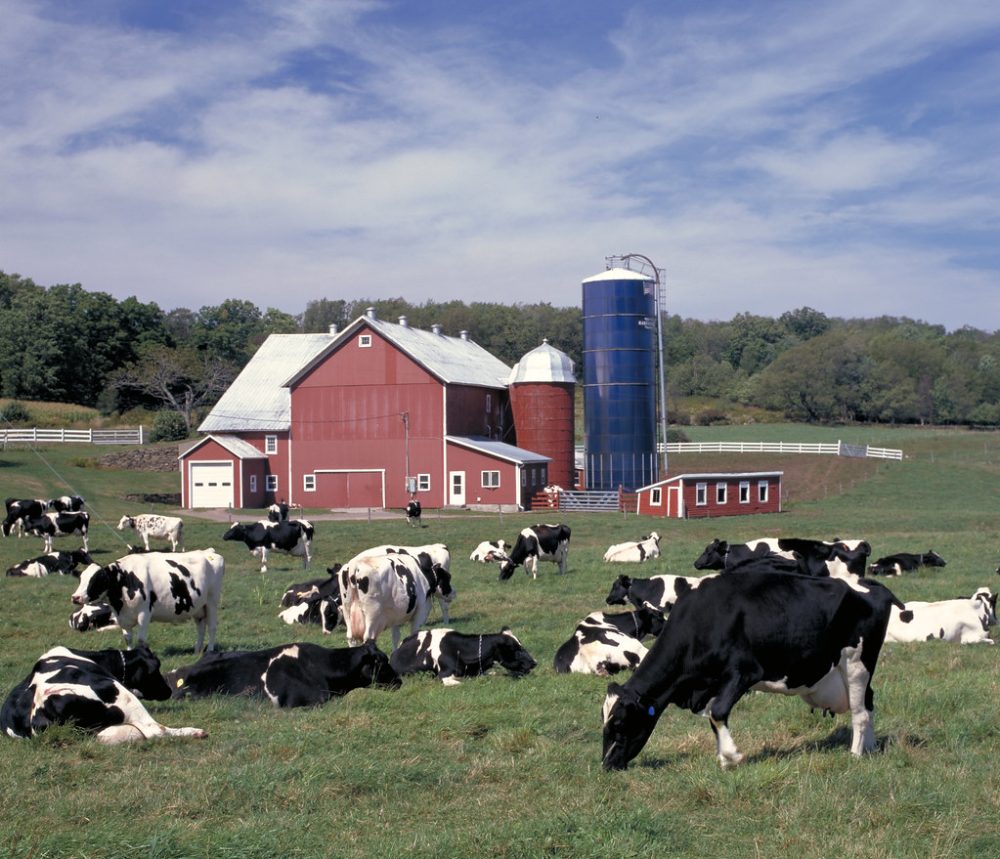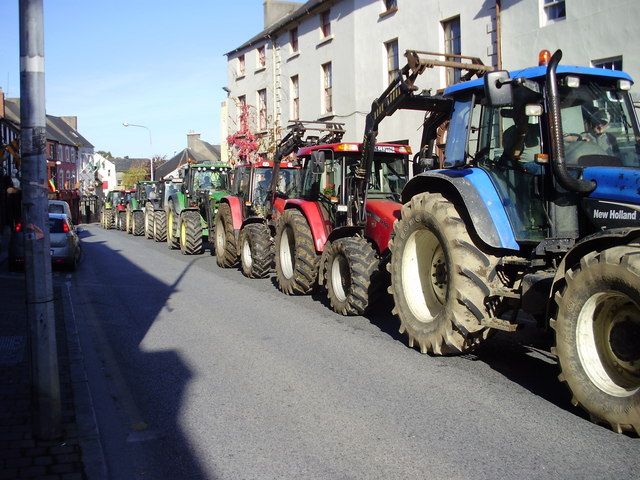Local Farmers Keep Close Eye on Dutch Protests for Free-Range Freedom
What started as a simple protest for agricultural freedom has turned into a three year endeavor amassing hundreds of thousands to support the farmers of Europe. Dutch farmers have been generating global headlines with protests described by Prime Minister Mark Rutte as “wilfully endangering others, damaging our infrastructure and threatening people who help with the clean-up”. Dutch government introduced proposals for tackling nitrogen emissions which could indicate a radical cut in livestock – they estimate 11,200 farms will have to close and another 17,600 farmers will have to significantly reduce their livestock.
The anger of the farmers is directed at the government, due to the plans announced for a national 50 percent reduction of nitrogen emissions by 2030, in line with European Union requirements to preserve protected nature reserves, that they believe unfairly targets them. Factories and cars also emit large amounts of nitrogen and have not been targeted, they say, although the government said that cuts associated with both polluters would be addressed in the future.

To realize those planned cuts, thousands of farmers will be required to significantly reduce livestock numbers and the size of their farming operations. If they cannot meet the cuts the government demands of them, they may be forced to close their operations altogether leading to hundreds of protesters to have set fire to hay and manure along highways, dumping trash on roads to create traffic jams, and blockading food distribution centers with their tractors, leading to empty shelves in supermarkets. Across the country, upside down flags wave from farmhouses in protest.
The Dutch government has set aside about 25 billion euros, about $26 billion, to carry out its plan, and some of that money will be used to help farmers build more sustainable operations — or buy them out, if possible.
Activists and ecologists say that drastic measures are needed to cut emissions and allow the Netherlands to do its part to address global warming — an aim that has become all the more urgent this summer as Europe faces record temperatures and drought.

Farmers are frustrated that the government is not doing enough to find technical innovations or other ways to cut down emissions to avoid reducing livestock numbers. But, said Mr. van der Putten from the Netherlands Institute of Ecology, technical solutions are not enough to realize the level of cuts needed given the amount of nitrogen the country pumps out, much of it from the production of eggs, dairy and meat.
Several farms across north-east Texas are watching the unfolding events with a watchful as concerns of the foreign policy reaching American shores grow ever increasing.







